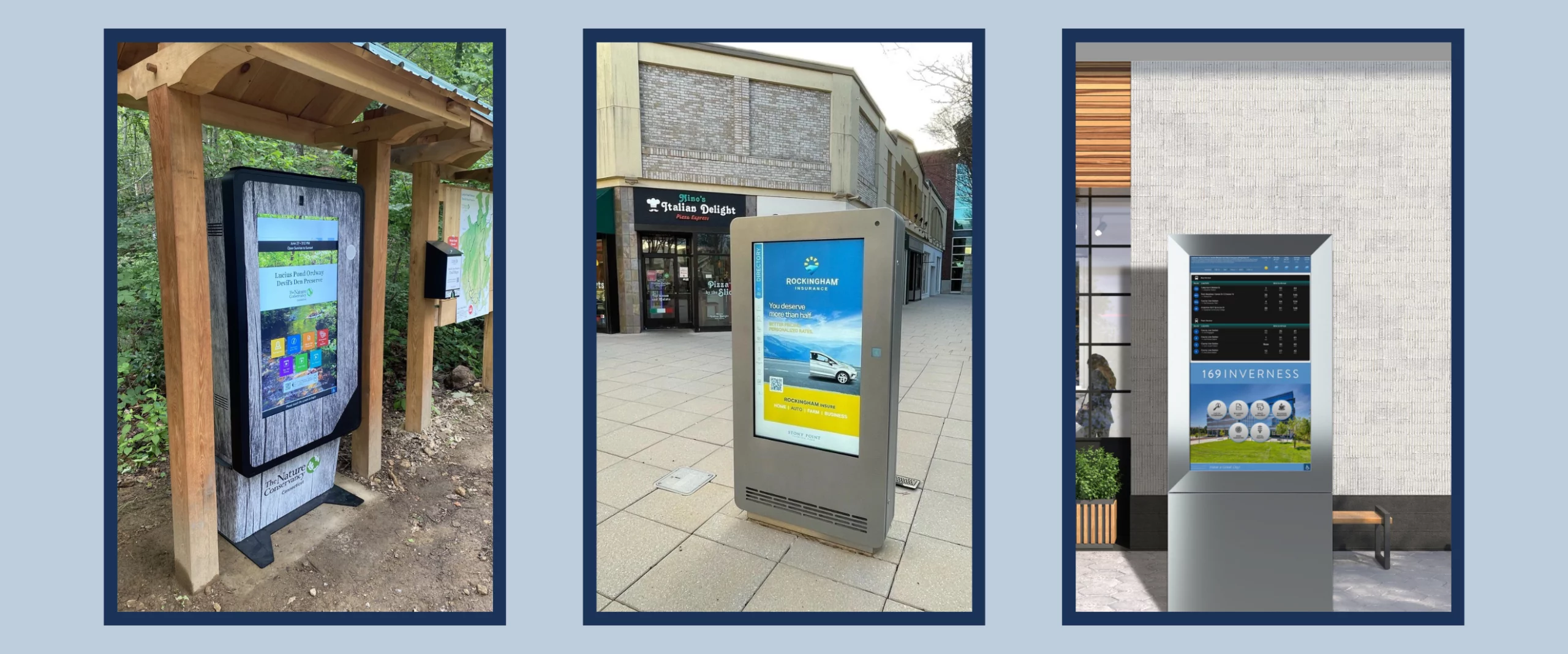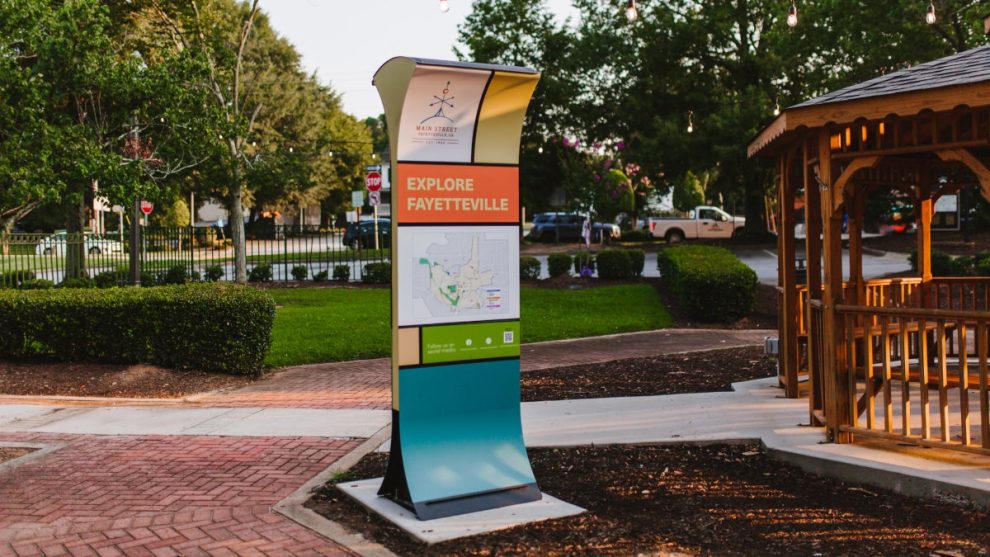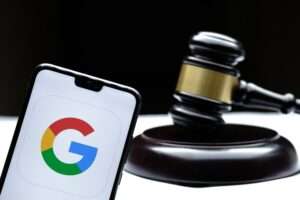Have you noticed those large digital kiosks and signs popping up in malls, airports and other public spaces? While they may seem innocuous, a recent NBC Boston report has revealed that some of these digital displays are actually collecting data from smartphones in the vicinity – often without users’ knowledge or consent.
How Kiosks Snoop on Your Smartphone Data
These digital kiosks are equipped with sensors that can detect and analyze various types of data emitted by nearby mobile devices:
Bluetooth MAC Addresses: A unique identifier that can be used to single out and track your specific device’s location.
Wi-Fi Signal Strength: By measuring your phone’s Wi-Fi signal, kiosks can estimate your physical proximity to the kiosk.
Cellular Signal Information: Data related to your phone’s cellular signal can also provide insights into your general location.
While this data may seem relatively basic on its own, it can easily be combined to build detailed profiles of people’s movements, behaviors and habits over time.

The Privacy Concerns Over Data Collection
The kiosks collecting this smartphone data claim it is being used for analytics and targeted advertising purposes. However, many are concerned about the lack of transparency and consent involved.
There are fears this data could potentially be sold to third parties or used in ways that compromise personal privacy without users’ knowledge. Building such detailed profiles of people’s real-world movements and routines raises ethical questions over privacy and surveillance.
How to Limit Kiosk Data Collection From Your Phone
While it’s difficult to completely prevent this type of data harvesting, there are some steps you can take to limit how much information kiosks can collect:
Turn Off Bluetooth: Keeping Bluetooth disabled when not in use reduces the range kiosks can detect your device from.
Disable Wi-Fi Scanning: Many phones have a setting to disable background Wi-Fi scanning, which kiosks use to sense your presence.
Be Location Aware: Pay extra attention to protecting your digital privacy, like avoiding nonessential mobile app use, when around dense concentrations of kiosks.
As digital kiosks and displays become more ubiquitous, it’s important to understand the potential privacy implications and take reasonable precautions to control how much of your data may be collected by these systems.
















Add Comment